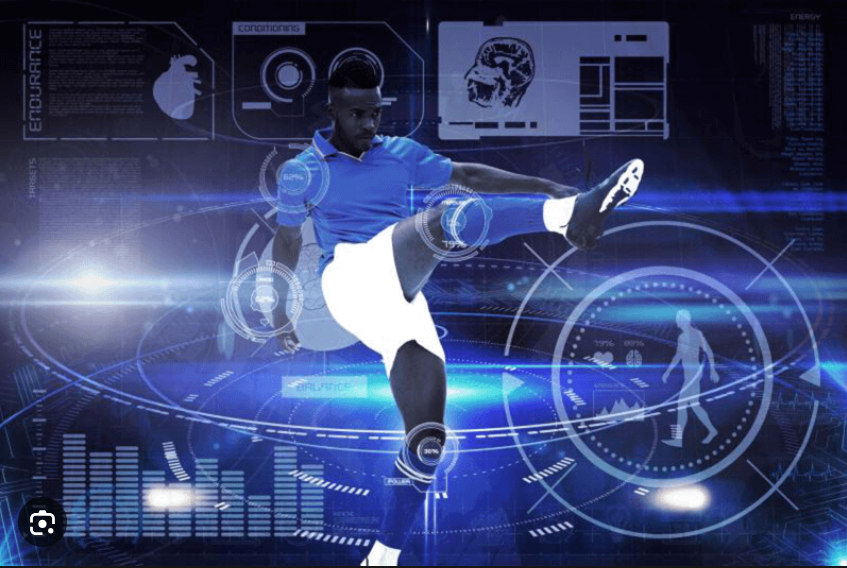Artificial Intelligence (AI) is playing a pivotal role in transforming sports performance analytics, ushering in a new era where data-driven insights are reshaping the way athletes train, perform, and recover. Traditionally, coaches and analysts relied on manual observation and basic statistics to assess performance. However, AI brings in a level of precision, speed, and accuracy that was previously unimaginable. With the integration of AI technologies, teams can now collect and analyze massive volumes of data from wearables, video footage, and other digital sources to evaluate every aspect of an athlete’s performance.
One of the most significant impacts of AI is its ability to identify patterns and predict outcomes. By using machine learning algorithms, sports analysts can assess an athlete’s physical and mental readiness, detect signs of fatigue, and even forecast potential injuries before they occur. This predictive capability not only helps in enhancing performance but also in prolonging athletes’ careers by minimizing the risk of long-term injuries. Moreover, AI tools can provide personalized training recommendations based on an individual’s unique physiology, biomechanics, and performance history, allowing for more efficient and targeted workouts.
Video analysis has also reached new heights with AI. Advanced computer vision technologies can break down game footage in real-time, providing insights into player positioning, movement efficiency, and tactical execution. Coaches can then use this data to adjust strategies mid-game or fine-tune training sessions. Additionally, AI-driven scouting systems are being used to evaluate opponents and identify hidden talent by analyzing vast databases of player statistics and performances across leagues and levels.
Furthermore, AI helps in improving fan engagement through interactive dashboards and real-time stats, making sports more immersive and analytical for viewers. Teams and organizations benefit from better decision-making, reduced costs, and a competitive edge on and off the field. As AI continues to evolve, its integration into sports performance analytics will only deepen, redefining what peak performance looks like in the modern sports landscape.


